iPhone and VPNs: Why You Need One and How to Choose the Best
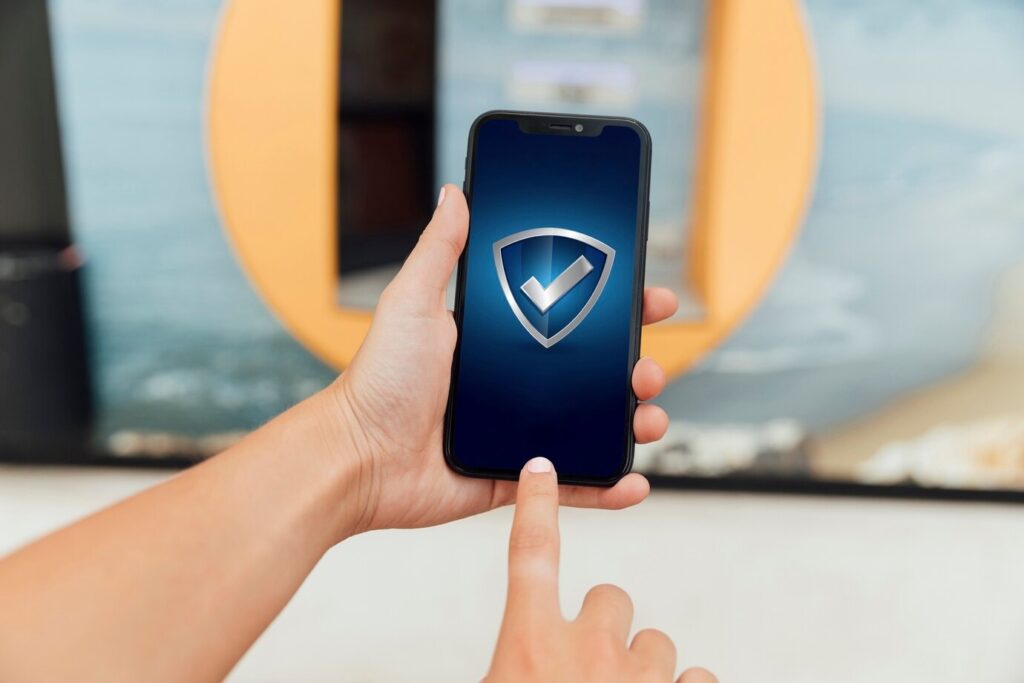
Source: freepik.com
Using a virtual private network (VPN) on an iPhone enhances security and privacy. A VPN encrypts internet traffic and masks the device’s IP address. This helps protect sensitive information from hackers, especially on public Wi-Fi. Accessing geo-restricted content becomes easier with a VPN. Choosing the right VPN is crucial for optimal performance and security.
VPNs encrypt internet traffic.
Key points
- They protect against hackers on public Wi-Fi.
- Access to geo-restricted content is improved.
- Selecting a reliable VPN is essential.
Why You Need a VPN for Your iPhone
Using a VPN for your iPhone offers several advantages. First, it provides an additional layer of security. When connected to public Wi-Fi, the risk of data interception increases significantly. A VPN encrypts your connection, making it difficult for hackers to access your personal information.
Privacy is another key benefit. With a VPN, your browsing activity remains hidden from internet service providers and advertisers. This anonymity helps prevent targeted ads and tracking.
Accessing content from different regions is also possible with a VPN. Many streaming services restrict content based on geographic location. A VPN allows you to bypass these restrictions by connecting to servers in various countries.
Moreover, using a VPN can enhance your online experience in restrictive environments like schools or workplaces. Many institutions block access to certain websites and services. A VPN can help you regain access without compromising your security. Incorporating a reliable service into daily use can significantly improve online safety and overall browsing experience while using an iPhone.
For more insights on choosing the best VPN for iPhone options check out Travel Securely’s pick for 2024.
How to Choose the Best VPN for Your iPhone
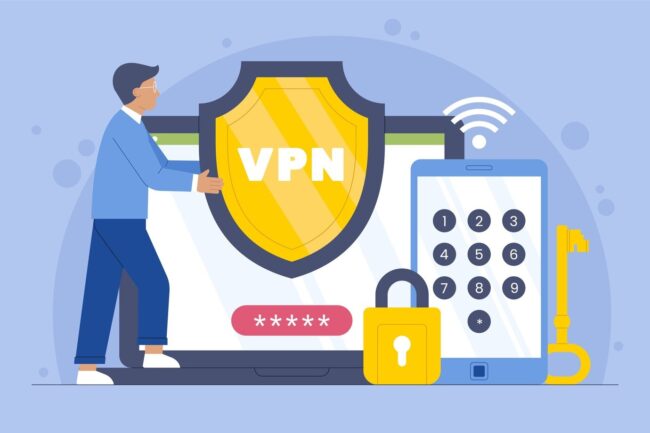
Selecting the right VPN involves considering several factors that impact both security and usability.
1. Encryption Standards
Look for a service that offers strong encryption methods. AES-256-bit encryption is the industry standard. It ensures that your data remains secure from unauthorized access.
2. No-Logging Policy
Choose a provider that has a strict no-logging policy. This means they do not store any information about your online activities. A reliable service should guarantee that it does not track or sell your data.
3. Server Locations
The number of available servers and their locations matter significantly. More servers provide better options for bypassing geo-restrictions and improving connection speeds. Ensure the VPN has servers in the countries you are interested in accessing content from.
4. Speed and Performance
VPNs can sometimes slow down internet speed due to encryption processes. Look for reviews that discuss speed performance to find a service that maintains fast connections while providing security.
5. User-Friendly Interface
A good mobile app should be easy to navigate and use. Check for features like one-click connections and user support options in case you encounter issues.
6. Compatibility with Streaming Services
If streaming is a priority, ensure that the chosen service works with popular platforms like Netflix or Hulu. Some providers have dedicated servers optimized for streaming, which can enhance your viewing experience.
7. Customer Support
Reliable customer support is essential, especially if you encounter technical difficulties or have questions about the service. Look for providers that offer 24/7 support through various channels.
Setting Up a VPN on Your iPhone
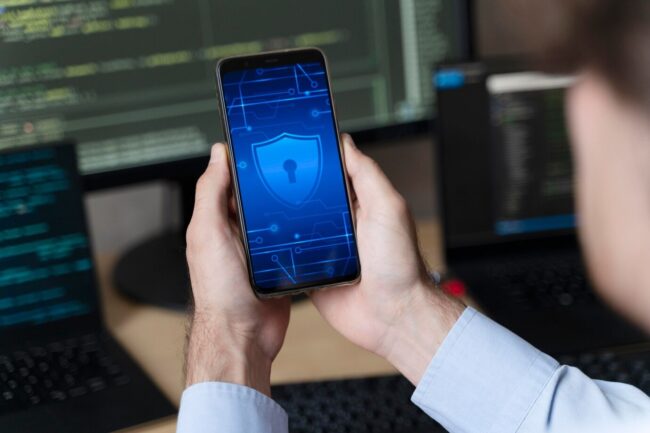
Setting this up is straightforward, thanks to built-in support in iOS.
- Choose Your VPN Provider: Select a reputable provider based on the criteria mentioned above.
- Download the App: Install the app from the App Store or visit the provider’s website for instructions on manual setup.
- Create an Account: Sign up for an account with your chosen provider.
- Connect to a Server: Open the app, log in, and select a server location to connect.
- Adjust Settings: Customize settings as needed, such as enabling automatic connection when using unsecured networks.
Once set up, your device will route all internet traffic through the selected server, ensuring enhanced privacy and security.
Common Misconceptions About VPNs
Many myths surround the use of VPNs on mobile devices like iPhones.
1. VPNs Make You Completely Anonymous
While a VPN enhances privacy, it does not guarantee complete anonymity online. Users should still practice safe browsing habits and be cautious about sharing personal information.
2. All Free VPNs Are Unsafe
Free options may seem appealing but often come with significant risks, such as data logging or insufficient security measures. It is advisable to choose paid services with proven track records instead.
3. VPNs Slow Down Internet Speed Significantly
While some slowdown may occur due to encryption, many premium services optimize their connections to minimize this effect. Users often report minimal impact on speed when using quality providers.
Conclusion
Using a VPN on an iPhone provides essential protection against online threats while enhancing privacy and access to global content. Selecting the right service involves evaluating encryption standards, server locations, speed, and user-friendliness. Choose wisely!

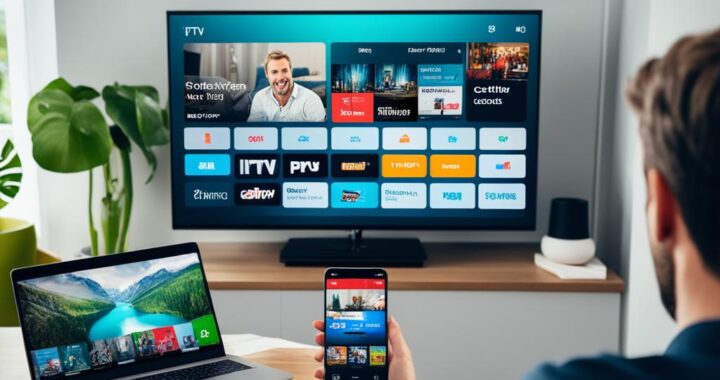 IPTV Technology Explained: How It Streams Content to Your Devices
IPTV Technology Explained: How It Streams Content to Your Devices  Microsoft Ink: Revolutionizing Digital Writing and Drawing
Microsoft Ink: Revolutionizing Digital Writing and Drawing 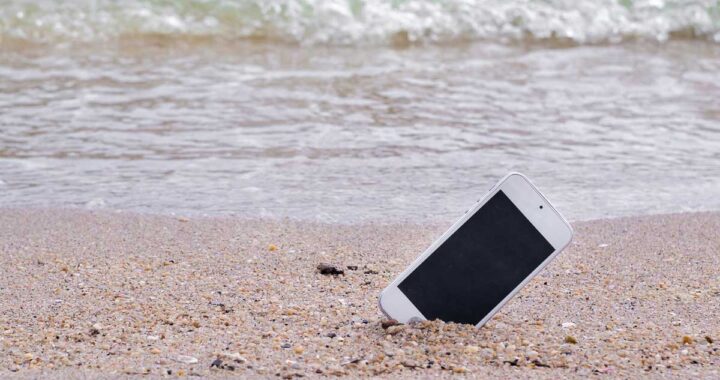 What to do when you lose your Phone while Traveling
What to do when you lose your Phone while Traveling  Top 6 Technologies Revolutionizing the Global Hospitality Industry
Top 6 Technologies Revolutionizing the Global Hospitality Industry  Why Online Casinos Have Become a Go-To for Travelers
Why Online Casinos Have Become a Go-To for Travelers  Family Villa Holidays in Corfu: What Actually Matters for a Stress Free Stay
Family Villa Holidays in Corfu: What Actually Matters for a Stress Free Stay  Finding Solitude in the Wild Remote Camping in Undiscovered Gems Across 7 US States
Finding Solitude in the Wild Remote Camping in Undiscovered Gems Across 7 US States  Best Things To Do In Cyprus – Beaches, Nature, Boat Trips, Food, Culture, And Family Activities
Best Things To Do In Cyprus – Beaches, Nature, Boat Trips, Food, Culture, And Family Activities